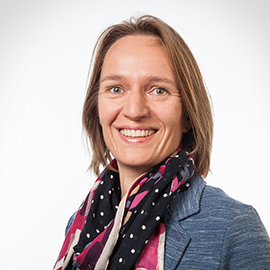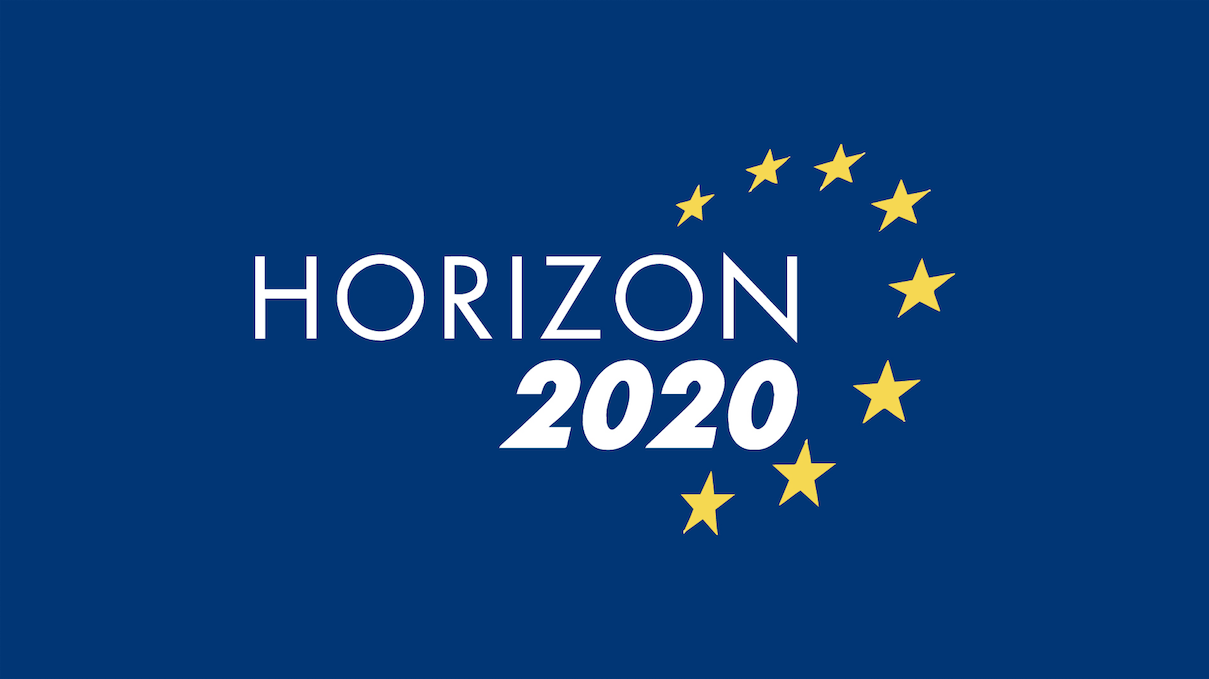Horizon 2020 funding for MAGPIE project
Researchers of the 3mE and EEMCS of the TU Delft and two organisations within Erasmus University Rotterdam (EUR) are part of a project that has been awarded nearly € 25 million in EU funding for a project that will improve the sustainability of ports in the European Union.
The department of Maritime and Transport Technology from 3mE and Intelligent Electrical Power Grids from EEMCS and the Erasmus Centre for Data Analytics, Erasmus University (RSM) and the Erasmus Centre for Urban Port and Transport Economics will participate in several parts of the project that has been given the acronym MAGPIE: sMArt Green Ports as Integrated Efficient multimodal hubs.
In total 45 organisations will be collaborating in an international alliance working on a Horizon2020 project under the Green Deal call to boost the green and digital transition. The project, led by the Port of Rotterdam, is expected to start in September 2021 and will run for five years.
Speeding up sustainable port energy
In the years ahead, the transport sector is expected to make a transition to clean energy, but it’s not yet clear which types it will adopt, and for which modes of transport. However, speeding up the implementation of sustainable energy and enhancing its roll-out on a larger scale is dependent on the development of new digital tools, new market mechanisms and non-technological frameworks. Given MAGPIE’s thematic focus on green energy and autonomous mobility, its collaborative nature, and its focus on strengthening the regional economy, it fits perfectly with convergence initiatives on AI, data and digitalisation from the universities and medical schools of Delft, Rotterdam and Leiden.
We will develop concepts for the autonomous loading and unloading of electrically powered autonomous barges.
Dingena Schott
Dr.ir. Dingena Schott: “TU Delft's Maritime and Transport Technology department will take the lead in exploring the techno-economic and socio-technical impact on the competition between new fuels over time. In addition, we will develop concepts for the autonomous loading and unloading of electrically powered autonomous barges. We will also contribute to the development of ammonia bunkering and terminal, and 'green energy' containers including their handling and logistics”. Dr.ir. Jeroen Pruyn: “Central to the research design is the interaction between the goods (containers, liquids) and the equipment within the logistics context”. The EEMCS department Intelligent Electrical Powergrids contributes to the optimisation of the powergrid.
The MAGPIE project will create demonstration and pilot projects in the living laboratory environment of the Port of Rotterdam, to advance technological, operational, digital and organisational aspects of energy supply for use in ports once the grant agreements and the formal selection process are satisfactorily completed,
More information
Disclaimer: This communication should not be regarded under any circumstances as a formal commitment by the CINEAOpens external to provide financial support, as this depends on the satisfactory and timely conclusion of grant agreement preparation and on the internal completion of the formal selection process.

D.L. Schott


